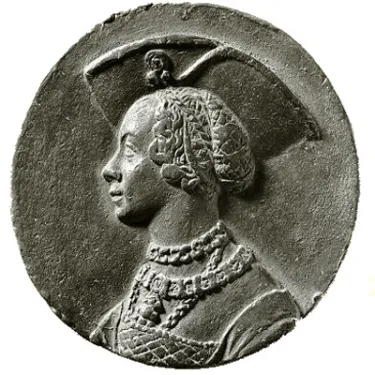Reformation Sunday resources for Oct. 27
Presbyterian Historical Society highlights the remarkable contributions of a Protestant reformer, Argula von Grumbach


LOUISVILLE — As Presbyterians in the U.S. prepare to celebrate Reformation Sunday on the last Sunday of October along with millions of other Reformed church members across the globe, the Presbyterian Historical Society (PHS) is once again offering a fascinating glimpse into the key events and figures of the Protestant Reformation.
This year, PHS has developed resources featuring the story of Argula von Grumbach (1492-c.1554), who wrote forcefully in defense of the Reformation, becoming the first published author among Protestant women.
Because Oct. 31, 1517 — the day when the Roman Catholic monk Martin Luther presented his 95 theses about the church and its need to reform — is the acknowledged starting point of the Protestant Reformation, Presbyterians commemorate Reformation Sunday annually on the last Sunday of the month.
In its published account and accompanying bulletin insert, PHS recounts that von Grumbach gained notoriety in elite circles in 1523 when she authored a letter challenging the arrest of a former student at the University of Ingolstadt in Bavaria, Arsacius Seehofer, for teaching Lutheran views.
In her letter, von Grumbach directly challenged university theologians to a public debate on the legitimacy of their conduct. “To have a woman call out eminent theologians and challenge them to a debate was unheard of,” reads the post.
Presbyterian Church (U.S.A.) congregations are encouraged to download the free bulletin insert, which is offered in three sizes, for use during Reformation Sunday worship on Oct. 27. A Reformation Sunday advertisement in either PDF or JPEG format for use in church newsletters is also available.
The PHS Reformation Sunday webpage and resources can be accessed here.
You may freely reuse and distribute this article in its entirety for non-commercial purposes in any medium. Please include author attribution, photography credits, and a link to the original article. This work is licensed under a Creative Commons Attribution-NonCommercial-NoDeratives 4.0 International License.




